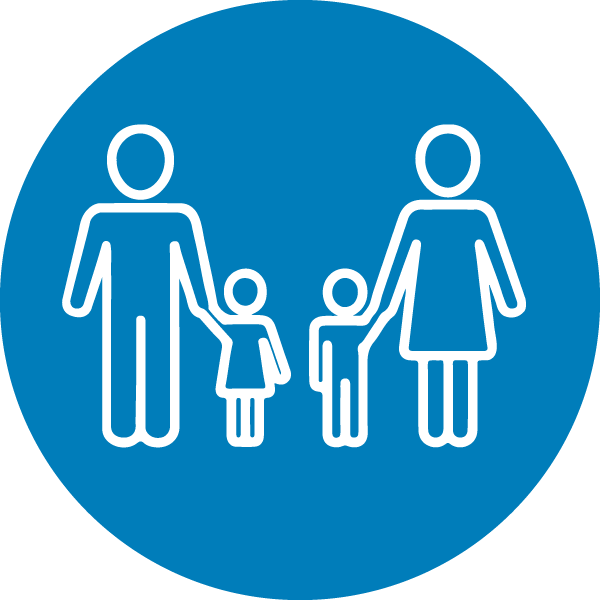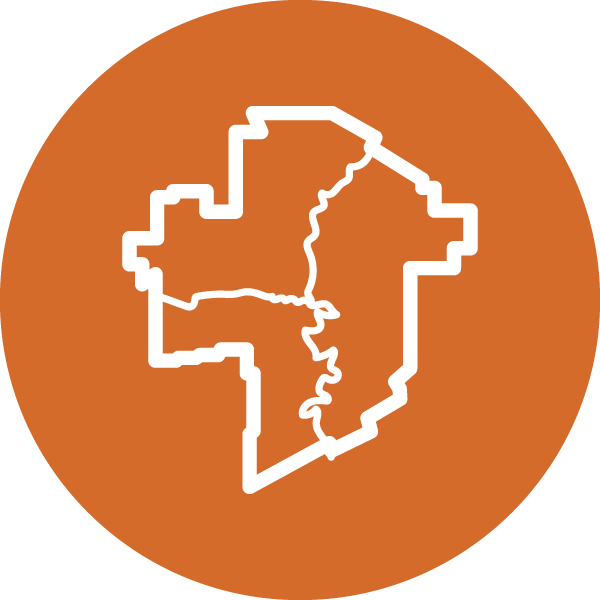Essay submitted by Patricia S. Mainville
Principal, Argyle Alternative High School; Board Member (2017-present), The Winnipeg Foundation
Who am I? Where do I come from? What is my purpose? Where am I going?
These questions were raised by The Honourable Murray Sinclair in his work on truth and reconciliation.
He noted providing time and space to answer these questions is an important part of reconciliation. While work has begun to facilitate this important endeavour, in 100 years I hope we are closer to helping all citizens find answers.
In 2018, The Winnipeg Foundation announced its intention to fund a granting stream focused on supporting truth and reconciliation. I am Chair of the Committee struck to oversee the Reconciliation Grants Program. My role as part of The Winnipeg Foundation Board supports ongoing awareness, education, truth finding and healing to address the impacts of the residential school legacy, and to support reconciliation. This journey has been profound for me personally, as I, and my descendants, are impacted by residential school intergenerationally. Both my parents, two siblings, and many members of my extended family attended residential school.
The Reconciliation Grants Program was developed following feedback from Winnipeggers, as identified in Winnipeg’s Vital Signs® 2017.
In early 2018, an Advisory Committee of Indigenous leaders was convened. This included Vania Gagnon, Rob Gendron, Dr. Trisha Logan, Rob Riel, and Roxanne Shuttleworth, with additional assistance from Leah Gazan, Steven Greyeyes, and Sharon Parenteau. As part of the conceptual framework, the Reconciliation Grants Program used the United Nations Declaration on the Rights of Indigenous Peoples (UNDRIP) as an integral point of reference. The Committee established policies and guidelines, reviewed applications, and recommended grant recipients.
The process brought together many people who shared their personal experiences and/or what they have witnessed in their communities, as a result of residential schools. It utilized cultural interventions through the sharing of tobacco and included Elders and Knowledge Keepers who were on hand to support healing and understanding.
I have witnessed throughout this process the sharing of personal pain, loss, and trauma which at times has been difficult. I have also witnessed gentle strength, integrity, and resiliency of those who not only provided the support on this journey, but also provided an opportunity in reconciliation as defined by our cultural knowledge and interventions.
In response to the call for grant applications, the community proposed many projects focused on addressing reconciliation through action. Successful projects ranged from art focusing on healing and education, to land-based and hands-on learning that aims to strengthen and reconnect communities to Indigenous identity, culture and healing. All projects invite different ways to begin to find answers to The Honourable Murray Sinclair’s questions.
The shared appreciation and inspiration of those who stood side-by-side in support of many projects proposed and funded, brought to light a deeper understanding of reconciliation as a collective. This provided our journey with the recognition, time, and space to practice within our Seven Teachings: Love, Respect, Courage, Honesty, Wisdom, Humility, and Truth.
These actions – inviting community participation, engaging Indigenous leaders, embracing Indigenous ways of knowing and being, utilizing best practices, making space for conversation and truth, and action – are all vital in our journey forward.
The Winnipeg Foundation acknowledges the generous support that philanthropy, by various members of our community, plays in truth and reconciliation. The Philanthropic Community’s Declaration of Action, which The Winnipeg Foundation signed in 2015, helped to set the tone to support this work. Philanthropy has brought the passion and financial capacity to promote awareness, education and healing within our community. In the next 100 years, I hope we will build on this understanding and strength.
Biography
Patricia S. Mainville is Anishinaabe, a proud mother and grandmother. Having come from the history of intergenerational impacts because of the legacy of residential school, Patricia believes that nurturing cultural identity is important for our communities. Patricia believes that Indigenous culture is a culture of inspiration. She has extensive experience working in education and community service. Patricia is involved in her culture through dancing Jingle Dress at pow wows and supports community through her work in education. At present she is the Principal of Argyle High School. Patricia received her Education Degree from the University of Manitoba in 2001.



 Children, Youth & Families
Children, Youth & Families